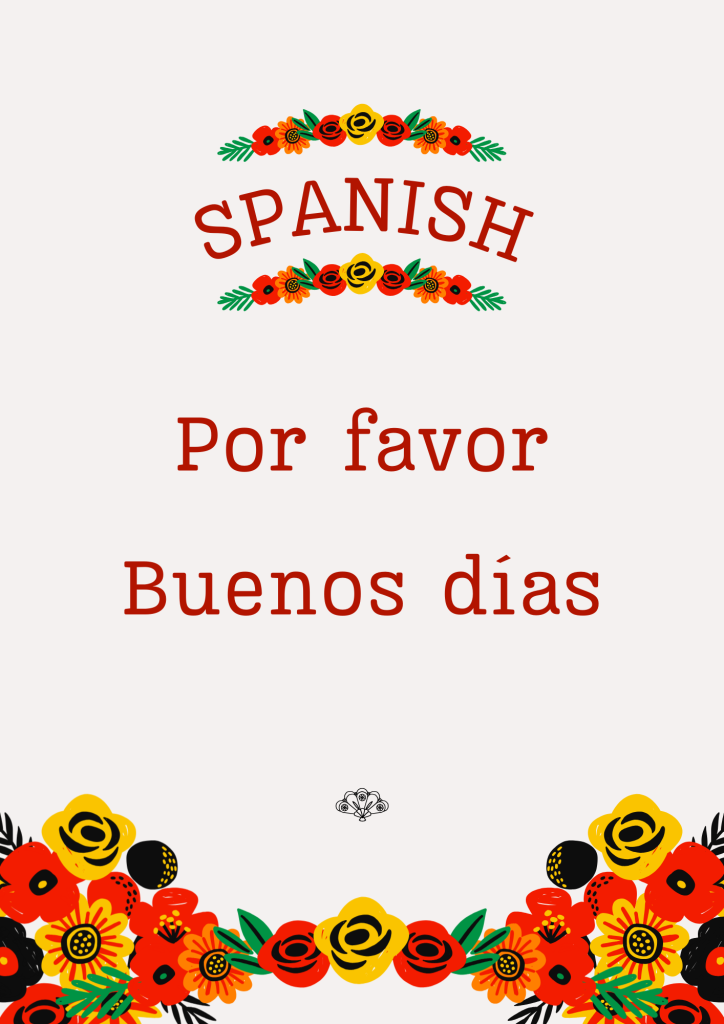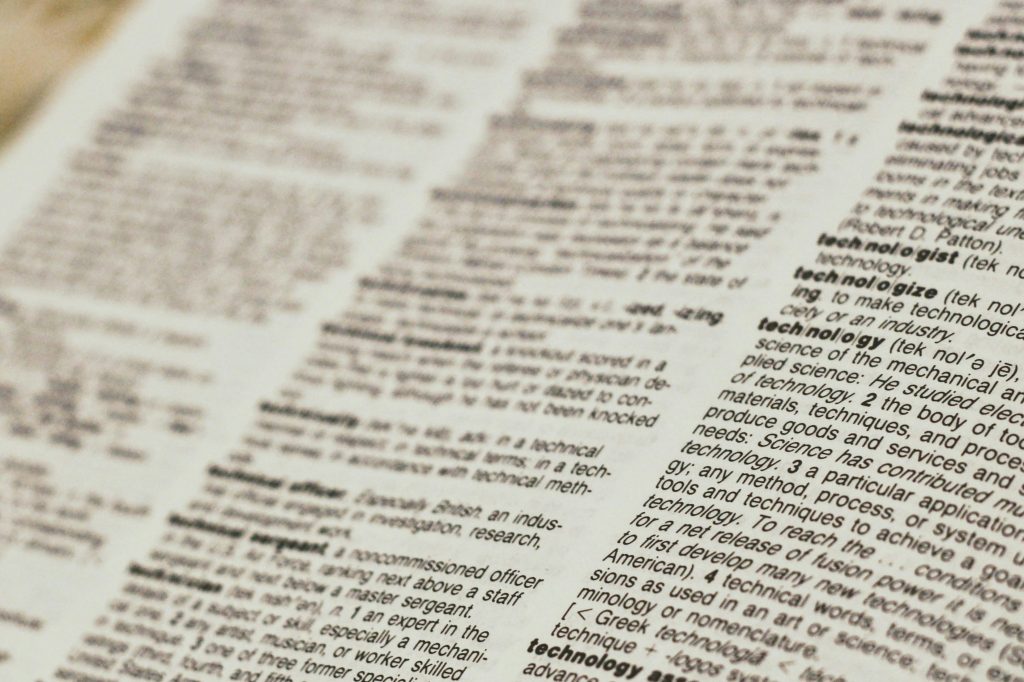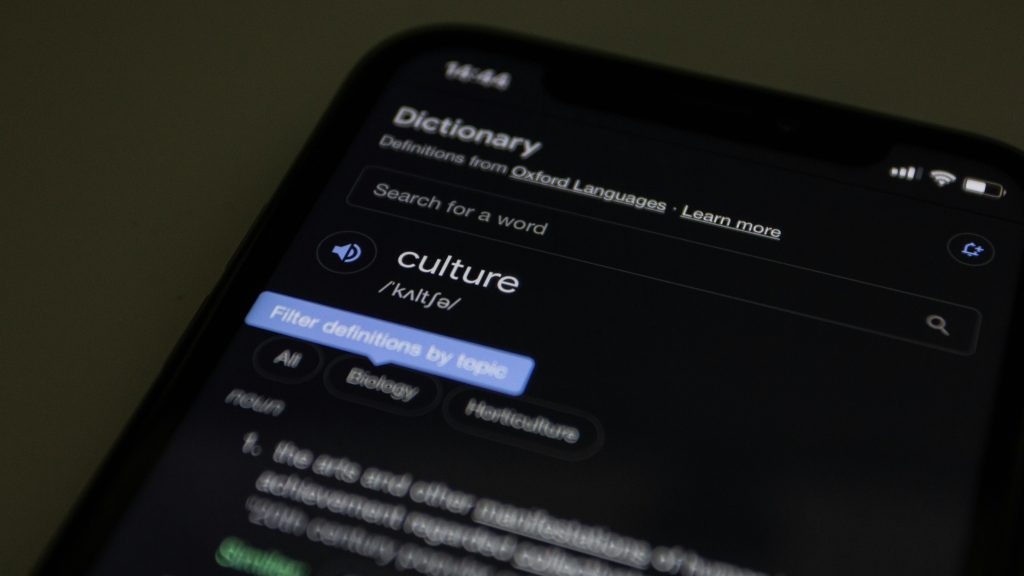
Learning your first 100 easy Spanish words is the most exciting and empowering step you can take on your journey to mastering a new language. It’s the moment when Spanish transforms from a collection of unfamiliar sounds into a practical tool you can use to connect with over 500 million people worldwide. Especially here in the Philippines, where our own languages are sprinkled with Spanish heritage from silya and mesa to kusina and pamilya you have a unique advantage. You’re not starting from scratch; you’re reconnecting with a part of our shared history.
This guide is designed to be your ultimate starting point. We won’t just give you a list; we’ll provide you with the three things you need for true confidence: the word itself, a simple pronunciation guide, and a practical example of how to use it. Mastering this list of 100 easy Spanish words is your passport to basic conversations, smoother travels, and a deeper appreciation for the rich culture of the Spanish-speaking world.
Contents
Why Pronunciation is Your Secret Weapon
Before we dive into the list, let’s talk about the key that unlocks it all: pronunciation. You can memorize a thousand words, but if you can’t pronounce them clearly, you won’t be understood. The good news? Spanish pronunciation is incredibly consistent and much easier than English.
Here are two golden rules:
- Vowels are King: Spanish has five pure vowel sounds, and they almost never change.
- A is always “ah” (like in “father”)
- E is always “eh” (like in “get”)
- I is always “ee” (like in “see”)
- O is always “oh” (like in “go”)
- U is always “oo” (like in “food”)
- The Rolled R: The “rr” sound can be tricky, but a single “r” is just a light tap of the tongue, similar to the “dd” sound in the English word “ladder.”
Focusing on these simple rules will make learning these 100 easy Spanish words feel much more natural.
The Core List: Your First 100 Easy Spanish Words
Here is your foundational vocabulary, broken down into logical categories. Read the word, say the pronunciation out loud, and read the example to see it in action. This is your personal toolkit of 100 easy Spanish words.
Greetings & Politeness (Palabras de Cortesía)
- Hola [OH-lah] – Hello
- Example: ¡Hola! ¿Cómo estás? (Hello! How are you?)
- Adiós [ah-dee-OHS] – Goodbye
- Example: Adiós, hasta mañana. (Goodbye, see you tomorrow.)
- Gracias [GRAH-see-ahs] – Thank you
- Example: Gracias por tu ayuda. (Thank you for your help.)
- Por favor [por fah-VOR] – Please
- Example: Un café, por favor. (One coffee, please.)
- Sí [see] – Yes
- Example: Sí, entiendo. (Yes, I understand.)
- No [no] – No
- Example: No, gracias. (No, thank you.)
- Buenos días [BWEH-nohs DEE-ahs] – Good morning
- Example: Buenos días, señor. (Good morning, sir.)
- Buenas tardes [BWEH-nahs TAR-dehs] – Good afternoon
- Example: Buenas tardes, ¿hay mesa para dos? (Good afternoon, is there a table for two?)
- Buenas noches [BWEH-nahs NO-chehs] – Good evening / Good night
- Example: Buenas noches y dulces sueños. (Good night and sweet dreams.)
- De nada [deh NAH-dah] – You’re welcome
- Example: Gracias. — De nada. (Thank you. — You’re welcome.)
Essential Questions (Preguntas Esenciales)
- ¿Qué? [keh] – What?
- Example: ¿Qué es esto? (What is this?)
- ¿Quién? [kyen] – Who?
- Example: ¿Quién es tu amigo? (Who is your friend?)
- ¿Cuándo? [KWAN-doh] – When?
- Example: ¿Cuándo es la fiesta? (When is the party?)
- ¿Dónde? [DON-deh] – Where?
- Example: ¿Dónde está el baño? (Where is the bathroom?)
- ¿Por qué? [por KEH] – Why?
- Example: ¿Por qué estudias español? (Why do you study Spanish?)
- ¿Cómo? [KOH-moh] – How?
- Example: ¿Cómo te llamas? (How are you called? / What’s your name?)
- ¿Cuánto? [KWAN-toh] – How much?
- Example: ¿Cuánto cuesta? (How much does it cost?)
People & Family (Gente y Familia)
- Yo [yoh] – I
- Tú [too] – You (informal)
- Amigo / Amiga [ah-MEE-go / ah-MEE-gah] – Friend (male/female)
- Familia [fah-MEE-lee-ah] – Family
- Hombre [OHM-breh] – Man
- Mujer [moo-HER] – Woman
- Padre [PAH-dreh] – Father
- Madre [MAH-dreh] – Mother
- Hijo / Hija [EE-hoh / EE-hah] – Son / Daughter
- Casa [KAH-sah] – House
Numbers (Números)
- Uno [OO-noh] – One
- Dos [dohs] – Two
- Tres [trehs] – Three
- Cuatro [KWAH-troh] – Four
- Cinco [SEEN-koh] – Five
- Seis [says] – Six
- Siete [SYEH-teh] – Seven
- Ocho [OH-choh] – Eight
- Nueve [NWEH-veh] – Nine
- Diez [dyess] – Ten
Days & Time (Días y Tiempo)
- Hoy [oy] – Today
- Mañana [mah-NYAH-nah] – Tomorrow
- Ayer [ah-YER] – Yesterday
- Lunes [LOO-nehs] – Monday
- Martes [MAR-tehs] – Tuesday
- Miércoles [MYER-koh-les] – Wednesday
- Jueves [HWEH-vehs] – Thursday
- Viernes [VYER-nehs] – Friday
- Sábado [SAH-bah-doh] – Saturday
- Domingo [doh-MEEN-goh] – Sunday
- Día [DEE-ah] – Day
- Noche [NO-cheh] – Night
- Ahora [ah-OH-rah] – Now
Food & Drink (Comida y Bebida)
- Agua [AH-gwah] – Water
- Comida [koh-MEE-dah] – Food
- Pan [pahn] – Bread
- Carne [KAR-neh] – Meat
- Pollo [POY-yoh] – Chicken
- Pescado [pes-KAH-doh] – Fish
- Fruta [FROO-tah] – Fruit
- Verdura [ver-DOO-rah] – Vegetable
- Café [kah-FEH] – Coffee
- Vino [VEE-noh] – Wine
Places & Travel (Lugares y Viajes)
- Baño [BAH-nyoh] – Bathroom
- Restaurante [res-tow-RAHN-teh] – Restaurant
- Hotel [oh-TEL] – Hotel
- Calle [KAI-yeh] – Street
- Ciudad [syoo-DAHD] – City
- País [pah-EES] – Country
- Playa [PLAI-yah] – Beach
- Tienda [TYEN-dah] – Store
- Aeropuerto [ah-eh-roh-PWER-toh] – Airport
- Aquí [ah-KEE] – Here
- Allí [ah-YEE] – There
Common Adjectives (Adjetivos Comunes)

- Bueno / Buena [BWEH-noh / BWEH-nah] – Good
- Malo / Mala [MAH-loh / MAH-lah] – Bad
- Grande [GRAHN-deh] – Big
- Pequeño / Pequeña [peh-KEH-nyoh / peh-KEH-nyah] – Small
- Feliz [feh-LEES] – Happy
- Triste [TREES-teh] – Sad
- Bonito / Bonita [boh-NEE-toh / boh-NEE-tah] – Pretty
- Fácil [FAH-seel] – Easy
- Difícil [dee-FEE-seel] – Difficult
- Caliente [kah-LYEN-teh] – Hot
- Frío [FREE-oh] – Cold
Common Verbs & Nouns (Verbos y Nombres Comunes)
- Ser [ser] – To be (permanent)
- Estar [es-TAR] – To be (temporary)
- Tener [teh-NER] – To have
- Querer [keh-RER] – To want
- Ir [eer] – To go
- Hablar [ah-BLAR] – To speak
- Comer [koh-MER] – To eat
- Beber [beh-BER] – To drink
- Vivir [vee-VEER] – To live
- Ver [ver] – To see
- Saber [sah-BER] – To know
- Trabajo [trah-BAH-hoh] – Work
- Dinero [dee-NEH-roh] – Money
- Libro [LEE-broh] – Book
- Mundo [MOON-doh] – World
- Tiempo [TYEM-poh] – Time / Weather
- Vida [VEE-dah] – Life
- Amor [ah-MOR] – Love
Tips for Making These Words Stick
Memorizing a list can be tough, but actively using it makes it easy. Here are a few tips to internalize these 100 easy Spanish words:
- Label Your World: Take sticky notes and label items around your house: la mesa (the table), la silla (the chair), la puerta (the door).
- Create Flashcards: The classic method works. Write the Spanish word on one side and the English on the other. Test yourself daily.
- Speak Out Loud: Don’t just read the words. Say them. Shout at them! The physical act of speaking builds muscle memory.
- Notice the Connections: As you learn, you’ll start seeing patterns. Spanish is a Romance language, and its beauty is how it connects to others. You might be looking for a lovely italian baby girl name like ‘Chiara’ and notice its similarity to the Spanish word clara (clear). Embracing these connections makes learning this list of 100 easy Spanish words feel like a treasure hunt.

Take Your Pronunciation to the Next Level
While this guide provides a great starting point, nothing beats hearing a native speaker. To perfect your accent for these 100 easy Spanish words, a fantastic non-competitor resource is Forvo, the pronunciation dictionary. You can type in any word and hear it pronounced by native speakers from different regions, which is invaluable for training your ear.
Conclusion
Congratulations! You now have a foundational toolkit of 100 easy Spanish words that can open up a new world of communication. This is more than just a vocabulary list; it’s a key. It’s a key to ordering your first coffee in Madrid, asking for directions in Mexico City, or simply connecting with Spanish-speaking friends and family on a deeper level.
Don’t strive for perfection; strive for connection. Use these words, make mistakes, and have fun. This list of 100 easy Spanish words is your first major victory on an incredible journey. Keep practicing, stay curious, and you’ll be amazed at how quickly you progress. The best way to learn these 100 easy Spanish words is to start using them today. ¡Buena suerte! (Good luck!)
